
Chicago Public Media – home to WBEZ and the Chicago Sun-Times – is a mission-driven public media organization rooted in community and dedicated to serving our region across audio, digital, print, and events platforms. We believe independent, fact-based journalism is at the heart of a well-functioning society, and we are committed to serving our community as a leading source of news, storytelling, and cultural programming that connects Chicagoans to each other—and to the world.
Today, Chicago Public Media is the largest local nonprofit newsroom in the country. The breadth and depth of our award-winning journalism spans nearly every major topic with nuanced storytelling, explanation, data, visuals, and solutions to some of the most intractable issues facing our community. Each week, we reach more than 3.5 million Chicagoans, representing about half of all adults in the region. Our audience reflects the full racial and ethnic diversity of the region: approximately 48% of our audience is white, 23% Hispanic, 18% Black, 4% Asian, 2% multiracial, and 4% other races or ethnicities.
The greatest measure of our success is the trust that you – our community – place in us. This year, audience research found that WBEZ and the Sun-Times are among the most trusted and recommended news sources in Chicago. With your support, along with thousands of community members, sponsors, advertisers, and foundations, we will continue to produce accessible and trusted news and programming with a funding model that can sustain local journalism for future generations.
Our Mission: A New Commitment to Chicago
Reliable daily reporting from WBEZ and the Sun-Times informs public discourse, and our dogged investigative journalism promotes greater transparency and accountability in the halls of power. We’re proud to have earned the trust of countless Chicagoans as defenders of the truth in the face of deeply entrenched corruption and systemic inequities, and we will continue to tell human-centered stories and elevate a range of potential solutions.
Chicago is also a city brimming with creativity and goodness. Its awe-inspiring architecture, diversified economy, flourishing arts and culture scene, and vibrant civic life make it an unparalleled place to live and thrive. These stories need to be told, too. WBEZ and the Sun-Times are dedicated to capturing moments of connection and joy, amplifying the voices of community leaders and activists, and inspiring residents to immerse themselves in our city's diverse neighborhoods.
We do all this free of charge because we believe public media is a public good. Just as public parks, schools, and libraries exist to benefit local communities, public media exists to serve the good of our communities. We are deeply committed to making high-quality local journalism accessible to all, and we rely on our community to make that possible.
This year, WBEZ and the Sun-Times articulated a new vision and mission that captures our shared purpose and direction as a combined organization. These statements will guide our work over the years to come and affirm our commitment to you – our community.
We envision a thriving Chicago that is vibrant, equitable, and inclusive.
Our mission is to strengthen the well-being of our local communities and our democracy through independent local journalism.
We produce accessible, trusted news, information, and programming that helps all Chicago area residents make informed decisions every day, participate in our diverse communities, and make the most of our region.
This significant milestone builds on decades of public service made possible by dedicated staff, community members, volunteers, and donors. We are indebted to all those who have championed our work, propelling us forward to meet the needs of our diverse communities. On behalf of the entire Chicago Public Media team, thank you.
Our Year In Review
Over the past year, new investments have positioned us to expand coverage so that we have more impact across Chicago than ever before. Every day, we set out to produce human-centered storytelling, tenacious reporting, and rigorous analysis that serves our community. The following report offers a glimpse of the exceptional work produced in Fiscal Year 2023, spanning July 2022 through June 2023.
By the numbers
Across WBEZ, the Sun-Times, and Vocalo
- 8.2M average monthly website visitors
- 4M weekly audience across audio, digital, and print
- 1.4M social media followers
- 630K newsletter subscribers
- 100K voluntary members
- 307 staff members
- 8 fellows and interns
Your Top Stories
WBEZ Most Read
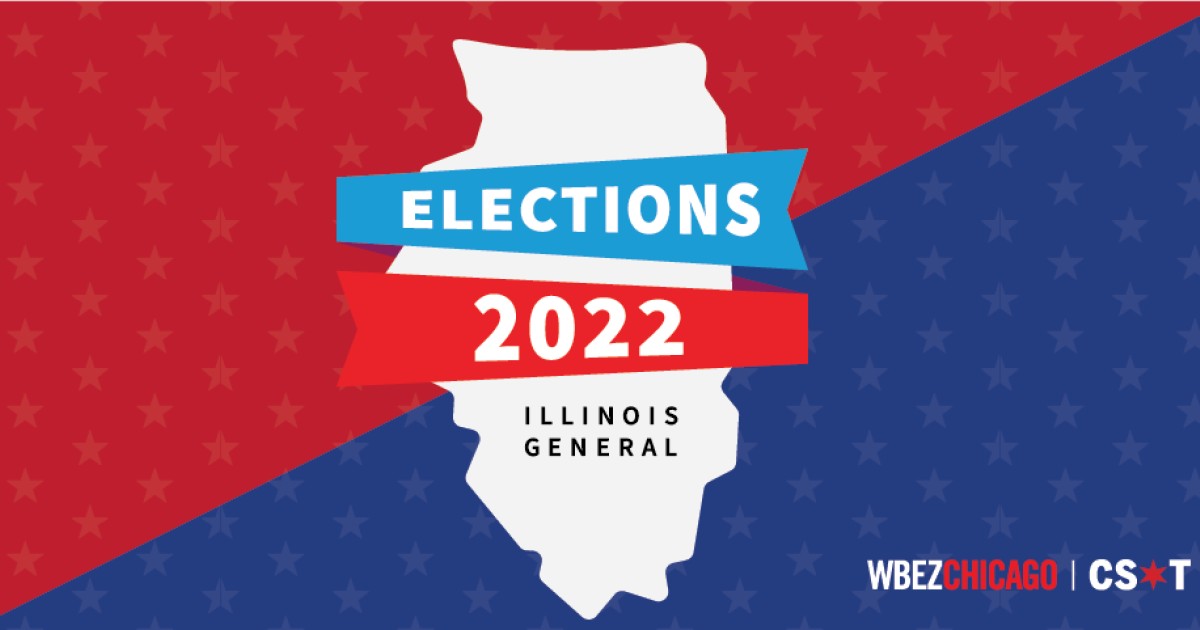
Your voter guide to the 2022 Illinois general election
By WBEZ Staff and Chicago Sun-Times, October 25, 2022
Collectively, wbez.org readers spent 202,051 minutes reading the guide.
Sun-Times Most Read

By Frank Main, November 4, 2022
Collectively, suntimes.com readers spent 202,170 minutes reading this story.
WBEZ Most Shared Post
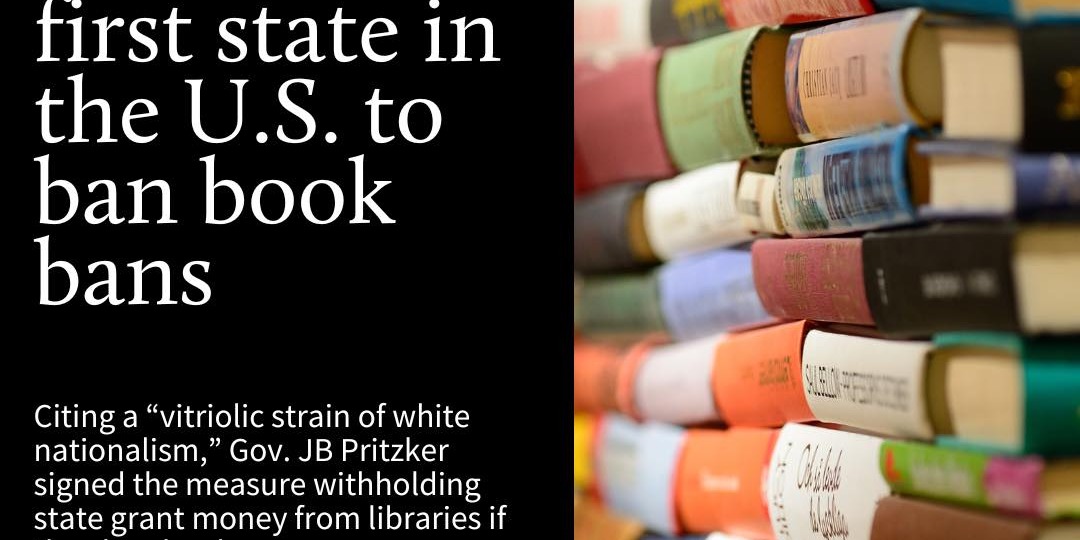
Illinois becomes the first state in the US to ban book bans
By Alex Degman, June 12, 2023
Twitter users retweeted, quoted, and liked this tweet 15,114 times.
Sun-Times Most Shared Post
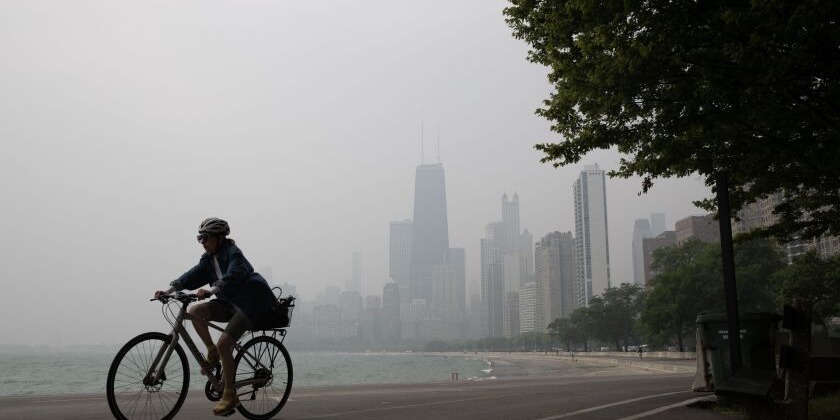
How bad is the air quality in Chicago today? It’s the worst in the world
By Stefano Esposito, Jacquelyne Germain and Emmanuel Camarillo , Jun 27, 2023
Facebook users interacted with this post more than 15,000 times.
WBEZ Most Listened To
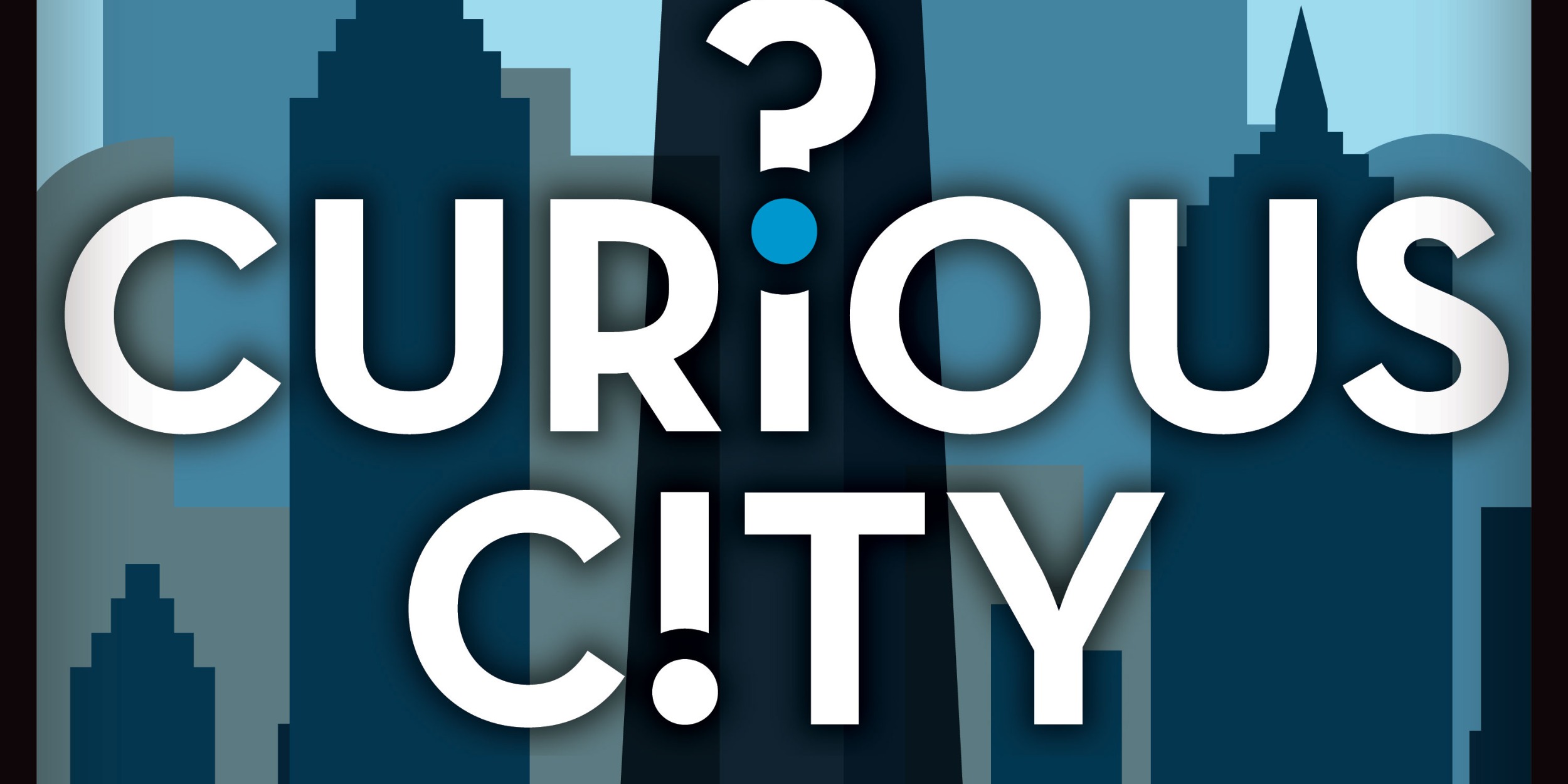
Approximately 1.4 million people downloaded Curious City episodes this year.
Awards
We are proud to celebrate the award-winning work our team produced this past year. Our outstanding journalists were recognized more than 25 times by the National Headliner Awards, the Peter Lisagor Awards from the Chicago Headline Club, the Regional Edward R. Murrow Awards , the Robert F. Kennedy Human Rights Criminal Justice Reform Prize, and more. These awards and recognition speak to the extraordinary talent and dedication of our reporters, editors, and producers.
Exposing Injustices and Elevating Solutions
Local accountability journalism has long served as a crucial antidote to systemic inequities, corruption, and mismanagement. WBEZ and Sun-Times reporters invest months, and sometimes even years, to delve deep into complex issues and expose hidden truths, from restrictive housing covenants to sprawling bribery schemes. This past year, in response to input gathered through audience research, we increasingly focused on uplifting a range of potential solutions to the issues we expose. By empowering our audience with reliable reporting while presenting possible solutions, we aim to inform, inspire hope, catalyze action, and spur meaningful change.
This past spring, reporters Sarah Karp, Lauren FitzPatrick, and Nader Issa, and editor Alden Loury spent six months investigating how fifty school closures impacted the city, the school system, and children and their families over the last decade. At the time of the closures, the largest mass closing in U.S. history, city and school district officials promised that students would be better off academically, their new schools transformed, and the shuttered schools would be reborn as community assets.
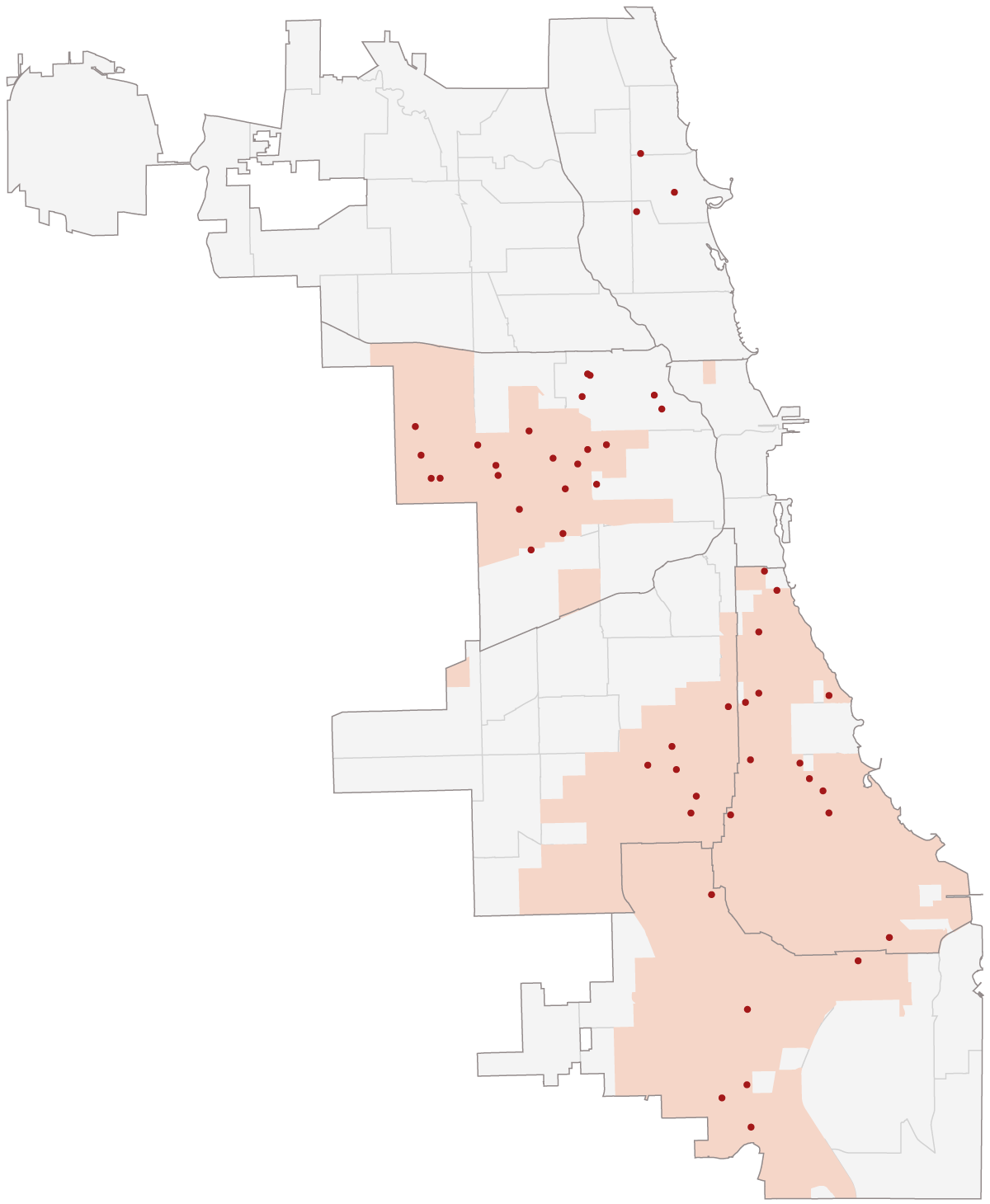
Reporters spoke with dozens of neighbors and reviewed thousands of public documents, revealing that the promises officials made 10 years ago remain unfulfilled.
The reporting showed that children are not better off as a result of moving to other schools, schools that welcomed the relocated students are now facing problems, and more than half of the buildings emptied in 2013 still are not in use today. As Chicago faces another severe decline in public school enrollment, we also explored alternatives to mass closings, such as sustainable community school models in which school leadership shares power with the community and consolidating multiple schools in new buildings that can attract students.

“It’s really important that our newsrooms make it a priority to invest in a story like this. If we want to have an impact and have our journalism mean something – to add to the conversation, to start the conversation – we have to make these investments.”
-Nader Issa, Sun-Times Reporter
In March, another WBEZ investigation found that Screening, Assessment and Support Services (SASS), the state program developed as a safety net for children from low-income families, is buckling under the weight of increased need and that Illinois is failing to deliver behavior health support and follow up care that many need. Following the investigation, Alex Keefe and Steven Arroyo from WBEZ’s engagement team produced a guide to help parents find free and lower-cost mental health services for kids in Chicago. The team also invited community members to share experiences and questions to help guide future reporting.
Finally, last year Frank Main, Tom Schuba, Matt Kiefer, and Chip Mitchell investigated the growing number of mass shootings involving handguns that are cheaply and easily converted into high-capacity machine guns using after-market auto sears, commonly known as “switches.” The reporting, published across audio, digital, and print platforms with distinct story formats, reached over 10 million people in our region and across the country, including local and state government officials. Following the coverage, then-mayor Lori Lightfoot and Governor J. B. Pritzker individually announced support for a ban on switches at the city and state levels.
Uplifting Chicago’s Changemakers
While we believe one of journalism’s most crucial roles is to expose issues and illuminate their impact on real people, those stories, on their own, represent only a fraction of Chicago's complex story. Throughout the past year, stories across WBEZ, Sun-Times, and Vocalo spotlighted people who make our community better through generosity, determination, and creativity. Our journalists reported stories about Chicago as not just a place of obstacles to overcome, but as a community where people continually rise to the occasion.
In February, WBEZ launched two new podcasts that amplify stories and experiences that are often left out of mainstream media.

When Magic Happens
This show is hosted by three Black women – Cheryle Jackson, Shea Love, and Taylor Coward – who represent three different generations. Weekly episodes create space for vulnerability, curiosity, joy, and deep thought with conversations tackling topics ranging from maternal healthcare to entrepreneurship and wealth-building.
Shoes Off: A Sexy Asians Podcast
Co-hosted by WBEZ reporters Esther Yoon-Ji Kang and Susie An, Shoes Off celebrates Asian trailblazers in pop culture. Aiming to combat stereotypes and stigmas that ignore or fetishize Asian people, Esther and Susie talk with comedians, authors, directors, and others to reflect on their identities and redefine “sexy” on their own terms.

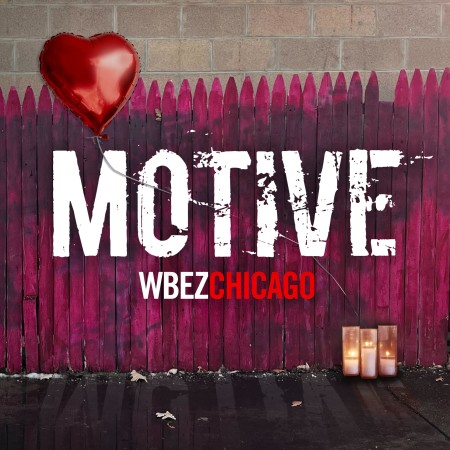
Motive
This year, WBEZ produced a new season of the investigative podcast, Motive. Community members, researchers, and funders have been building community-based approaches to reducing gun violence for years. To amplify that story, WBEZ reporter Patrick Smith followed the peacemaking efforts of former gang members, building trusted relationships over the course of a year.
Episodes transported listeners to the neighborhoods where people work tirelessly to prevent shootings and support victims of gun violence. The storytelling centered the humanity of both victims and perpetrators of gun violence to foster empathy and inspire hopefulness in the face of seemingly intractable challenges.
Since its founding 15 years ago, Vocalo has served as a catalyst for local discovery, expression, and participation. Vocalo programming highlights storytellers, artists, and changemakers through interviews and showcase events. In one series called “This Is What Chicago Sounds Like” — or “Chi Sounds Like” for short – Vocalo profiled people who give their all to Chicago and make our community more vibrant, equitable, and inclusive. Vocalo invited members of the community to nominate people who embody the spirit of Chicago. From playwrights to social workers, stories of local artistry, passion, and resiliency reflected the true sounds, people, and communities that make Chicago unique. This year, WBEZ began airing Vocalo’s “Chi Sounds Like” segments during our daily talk show, Reset, to reach a broader audience.
Encouraging Civic Engagement
Local journalism plays a vital role in the health of our democracy. Research has shown a strong connection between local news and civic engagement: Americans who follow local news are more likely to feel attached to their communities and vote in local elections. From education to politics, our coverage provides critical information on how decisions are made and what’s at stake, empowering people to engage as informed participants in their local communities. As threats to our democracy have intensified in recent years, we’ve increased efforts to produce community-centered reporting that promotes deeper understanding and active civic participation. One of the most significant collaborations to date between WBEZ and the Sun-Times was our comprehensive coverage to ensure voters had the information they needed to help shape Chicago’s future.
In November 2022, WBEZ and the Sun-Times worked together to help prepare Chicagoans for a critical midterm election. Our deep analysis of each candidate’s record helped readers put inflammatory political rhetoric aside to answer the simple question, “What have gubernatorial candidates Darren Bailey and JB Pritzker accomplished as public servants?” We also created opportunities to hear directly from candidates, such as a live forum with incumbent Senator Tammy Duckworth and challenger Kathy Salvi. Our primary election coverage also included a voters guide that was used 198,000 times, representing 1 out of 4 voters in the area.
In January, we launched the People’s Agenda in partnership with the University of Chicago's Institute of Politics to collect input from community members on the questions and topics that matter most to them. We received more than 2,500 responses to our survey. The survey result’s dominant themes helped set priorities for our reporting leading up to Election Day. The survey was available in both English and Spanish. We made deliberate efforts to hear from people all over the city, especially in areas that have had historically low voter turnout.
To reduce barriers between our reporters and the people they serve, we published an analysis of the survey responses and an explanation of how we intended to use them. We also published information and tools, such as a mayoral candidates questionnaire and an interactive quiz, to help people sort through a vast amount of information in the crowded mayor's race and identify candidates most closely aligned with their personal views. Notably, the Sun-Times also distributed 350,000 free voter guides to residents in zip codes with historically low turnout to help Chicagoans learn about the election’s top issues.

Most recently, we launched the Democracy Solutions Project, a partnership between WBEZ, the Sun-Times, and the University of Chicago’s Center for Effective Government. With an eye toward the 2024 general election, we are producing news stories, editorials, interviews, and events focused on themes that play a central role in our democracy: the state of the judiciary; extremist factions in Illinois politics and government; corruption and money in politics; the impact of political polarization; election integrity and security; our two-party system; and the impact of grassroots organizing.
During this 18-month project, we aim not just to sound alarms, but to explore solutions that can empower governments and individuals to make a difference. Our goal is to help our readers and listeners better understand how our democracy works, the threats facing it, and how Americans can become more civically engaged.
Building Community Engagement and Sparking Connections
We strive to bring people together, spark moments of joy, and highlight the many reasons to love our city. Resources like seasonal activity guides – including guides to spring events, farmers markets, and summer activities – and our interactive murals and mosaics map encourage people to explore and appreciate the unique beauty found in each of Chicago’s neighborhoods. Additionally, our live events offer opportunities for connection, community-building, and informed civic discourse. Throughout the year, we produced thirty-eight events across Chicago with more than 12,200 attendees.
In the past year, our live events have ranged from celebratory tours of local neighborhoods, such as Reset’s Chicago Blues History Tour highlighting Bronzeville’s rich music history, to critical community conversations for parents focused on student mental health as they return to school. Our events often connect directly to recent reporting topics, bringing stories to life, facilitating dialogue, and connecting attendees to relevant experts and resources. Increasingly, we’re also hosting gatherings before the reporting process begins. In late May, for example, a dozen journalists from the WBEZ and Sun-Times gathered at a cafe in Chicago’s Englewood neighborhood for a joint listening session. The stories collected about Englewood and its residents inform our coverage of the neighborhood, and beyond.

“These listening sessions not only give us insights into how our newsrooms can best do their jobs, but they send a message to all of Chicago that we show up.”
-Nathalie Kohen Director of Community Engagement & Live Events
After years of producing stories about the Illinois Department of Corrections, WBEZ’s Criminal Justice, Audio News, Community Engagement, and Vocalo teams created Prisoncast in August 2022 with and for the folks most affected. Radio remains one of the few ways for incarcerated people in Illinois to connect with the outside world. Prisoncast created a shared listening experience for people inside and their loved ones on the outside. We partnered with public radio stations throughout Illinois to ensure the two-hour special reached people in and out of prisons statewide. We also collaborated with organizations working most closely with incarcerated people and their families.
The event provided practical, actionable information that incarcerated people told us they needed. We also wanted to entertain and offer a connection to the outside. Through targeted outreach and help from a dozen organizations working inside prisons, we received more than 80 letters and messages requesting songs and sounds that people inside prison missed hearing: the sounds of Chicago’s L train passing by, roller coasters, babies laughing, and rain on a tin roof in Puerto Rico. We wove these sounds between songs and practical advice. The show sparked an outpouring of positive responses from people in prison, their loved ones, and from other listeners. Later, audio excerpts were featured in a Milwaukee art show featuring works by people in prison, and the show also aired on a BBC podcast.
This year marked the 10th Anniversary of Nerdette, a weekly podcast hosted by Greta Johnsen. Over the past decade, Nerdette has created space for comfort, humor, and delight with popular segments such as one about well-known people and their little known obsessions and the monthly Nerdette Book Club. We celebrated Nerdette’s milestone with a fan a birthday cake contest, a starter kit of some of Nerdette’s greatest hit episodes, and a special anniversary episode, A Decade of Delight.
Handing Over the Mic
Our community is at the heart of all that we do. We strive to amplify community voices and produce stories that reflect the needs, interests, and hopes of our region. This year, we produced stories – with and for you – that help all of us better understand the diverse experiences and voices that make up the fabric of our community. In many cases, we handed over the microphone, providing a platform for you to tell your story in your own words.
This year, WBEZ contributor Elly Fishman and photographer Manuel Martinez spent months with families experiencing the joys and hardships of new parenthood. The reporting unfolded in a series called The First 12 Weeks, with intimate storytelling taking readers and listeners into private spaces to witness the joys, frustrations, and needs of three Chicago-area mothers in their babies’ first weeks of life. The series addresses parts of the parenting experience not often represented in popular culture: cross-cultural headwinds in a mixed-race household; the legal and day-to-day struggles facing a queer couple; and the acute loneliness of a young immigrant navigating parenthood far from home and mostly alone. Following its initial publication, audio clips and photographs from The First 12 Weeks series were showcased in an exhibit at Navy Pier.

In celebration of Día de Muertos, Vocalo invited listeners to create a sonic ofrenda honoring loved ones who have passed during the previous year. A Mexican holiday, Día de Muertos celebrates the relationship of life and death with ofrendas – or home altars – adorned in flowers, food items, and many other offerings to honor loved ones who have passed.
To create the sonic ofrenda, callers left a voice message describing those they were honoring on the holiday and the memories they hold close to their heart. Vocalo producer Ari Mejia wove together messages to create the audio altar honoring those who still live with us in spirit, painting intimate pictures of loved ones, and connecting strangers around the city in remembrance and celebration.

"The First 12 Weeks poignantly asks what it means to support new families in Chicago and, in doing so, identifies how little postpartum support exists, particularly for those who are new to the U.S. or without a support network here. It also gives new mothers the power to chronicle their own experiences by incorporating audio and photo diaries in those incredible --- and trying --- first weeks of parenthood."
-Cassie Walker Burke, WBEZ Editor
In February, the Sun-Times launched Chicago’s Next Voices contest for writers to become guest columnists. Residents of the Chicago area were invited to weigh in on what’s next for our city with predictions for culture, lifestyle, and community issues. With monthly columns from guests from all walks of life, Chicago’s Next Voices sought to elevate more perspectives, providing the opportunity for us to understand each other better, to support and inspire each other, and to grow ever more aware of the mix of experiences that connect us.
In the spirit of listening more deeply to our community, the Sun-Times also joined the growing ranks of other newspapers that provide opportunities for people to appeal to de-index past stories published online. Reports of arrests or accusations can have a lasting negative impact on one’s ability to move forward in life, even if they were never convicted or if charges were dropped or expunged, and they disproportionately affect communities of color. The Sun-Times new Right to be Forgotten policy makes it easier for people we have written about to request a review through a simple, clear, and fair process.

“Sometimes the days are really hard, because the news cycle is tough. But to know that I’m here, and this show exists, because people believe in it – that’s a feeling money can’t buy.”
-Sasha-Ann Simons, Reset Host
Our History
Chicago Public Media has been serving Chicago and the surrounding region for 80 years. WBEZ Chicago was established as an extension of the Board of Education in 1943. WBEZ became one of the first charter member stations of National Public Radio in 1970. In the years that followed, sustained investments in editorial and audience capabilities transformed the organization into a trusted source for understanding the people, events, and ideas that shape our community.
We believe access to reliable news and information is a right of every person, and we are determined to make high-quality journalism more accessible and representative of our community. Driven by that imperative, Chicago Public Media acquired the Chicago Sun-Times in January 2022. Later that year, the Sun-Times became a 501(c)3 organization, removed its paywall, and launched a voluntary membership program to sustain its journalism. In 2023, the Sun-Times celebrated its 75th year serving Chicago with stories of triumph and sorrow, innovation and resilience, corruption and accountability, and everyday life in our city.
Chicago Public Media Leadership

- Matt Moog
- CEO
Matt Moog is the CEO of Chicago Public Media. He has more than 20 years of experience leading and scaling organizations and brings his civic leadership, commitment to local journalism, and significant experience in digital innovation to this role.

- Tracy Brown
- Chief Content Officer
Tracy Brown is Chicago Public Media’s Chief Content Officer, where she leads news operations and editorial decisions across WBEZ, the Chicago Sun-Times, and Vocalo. Tracy has served as a newsroom leader and journalist for more than 25 years, with experience at award-winning metropolitan newsrooms nationwide.

- Jennifer Kho
- Executive Editor
Jennifer Kho is the Executive Editor of the Chicago Sun-Times. She is the first woman and first person of color to lead the newsroom in its history. A strategic editorial leader and digital innovator with a record of engaging audiences, Jennifer’s prior experience includes serving as the former managing editor of HuffPost and Guardian US.
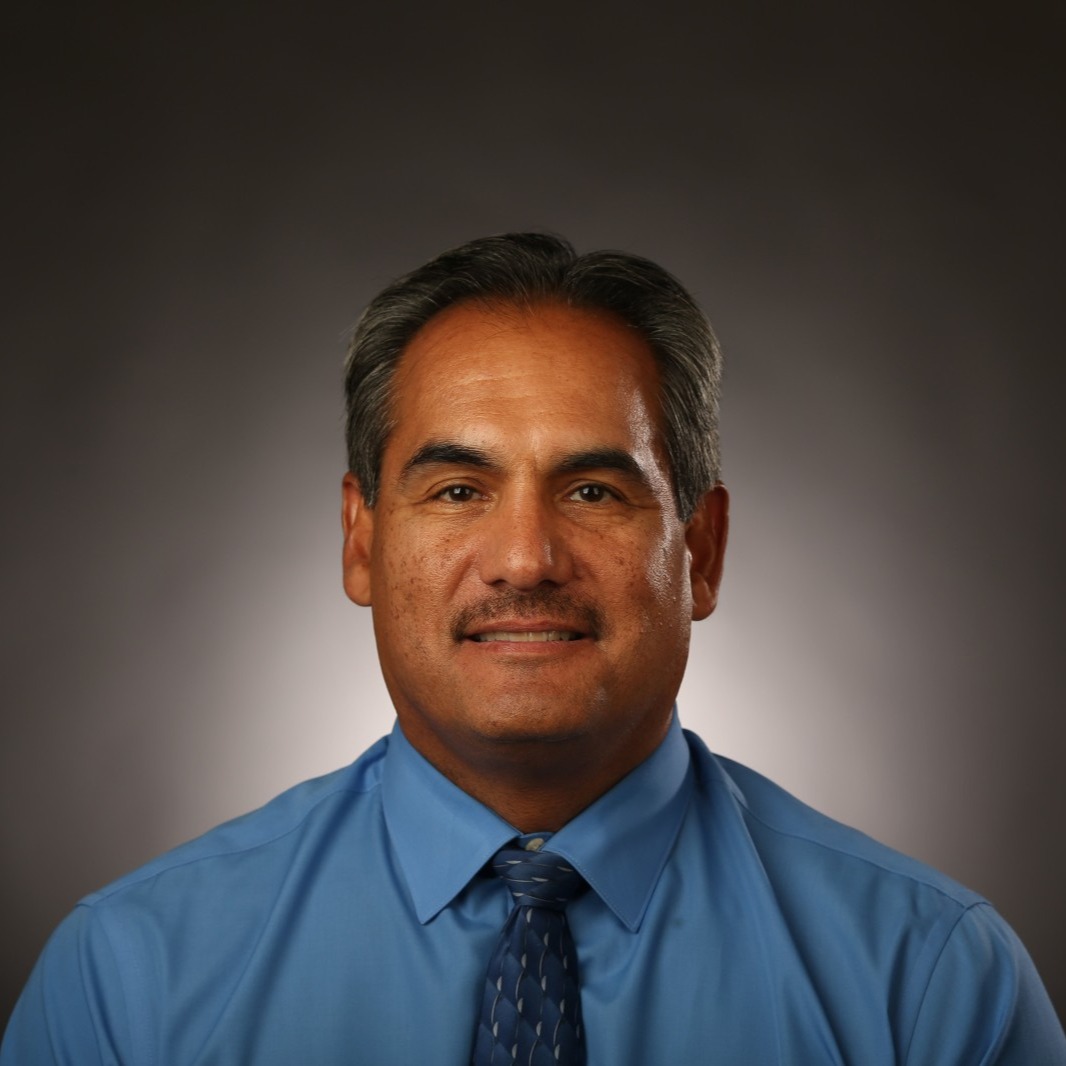
- Gilbert Bailon
- Executive Editor
Gilbert Bailon was named Executive Editor of WBEZ in August 2023 to oversee editorial decisions regarding enterprise journalism, investigations, daily news, and special projects. Gilbert previously served as editor-in-chief of the St. Louis Post-Dispatch, executive editor of the Dallas Morning News, and past president of the National Association of Hispanic Journalists.
Chicago Public Media Board of Directors
Officers in Fiscal Year 2023
- Chair: Piyush Chaudhari, CEO of SGS & Co
- Vice Chair: Robert Pasin, Chief Wagon Officer of Radio Flyer
- Secretary: Dilnaz Waraich, President of the WF Fund
- Treasurer: Nivine Megahed, Ph.D., President of National Louis University
Directors
- Robert Aguilar
- Marcy Carlin
- Howard R. Conant Jr.
- Raymond E. Crossman, Ph.D.
- Thomas Fisher
- William A. Gee IV
- Kimberley Goode
- Bruce Heyman
- Roger Hochschild
- Adrienne King
- Lerry J. Knox, Jr.
- Charles A. Lewis
- Lisa Morrison Butler
- Kedra Newsom
- Julian Posada
- Paul M. Rand
- Matthew Richardson
- William A. Rudnick
- Bernardo S. Sichel
- Jessica Sieja
- Liz Thompson
- Laura Van Peenan
- Andrea Wishom
Lifetime Trustees
- Steve Baird
- Ken Lehman
- Kay McCurdy
- Bryan Traubert
Financial Sustainability
As a nonprofit public media organization, we are committed to access for all. We rely on a community of generous supporters to power and sustain our independent local journalism and storytelling. Thanks to the combined support of our members, major donors, foundations, and corporate partners, we raised a combined $72 million to fund our public service journalism in fiscal year 2023. More than 70% of our annual revenue came from earned sources, a measure that speaks to the diversity and sustainability of our funding model. Please see our annual financial reports for additional information.